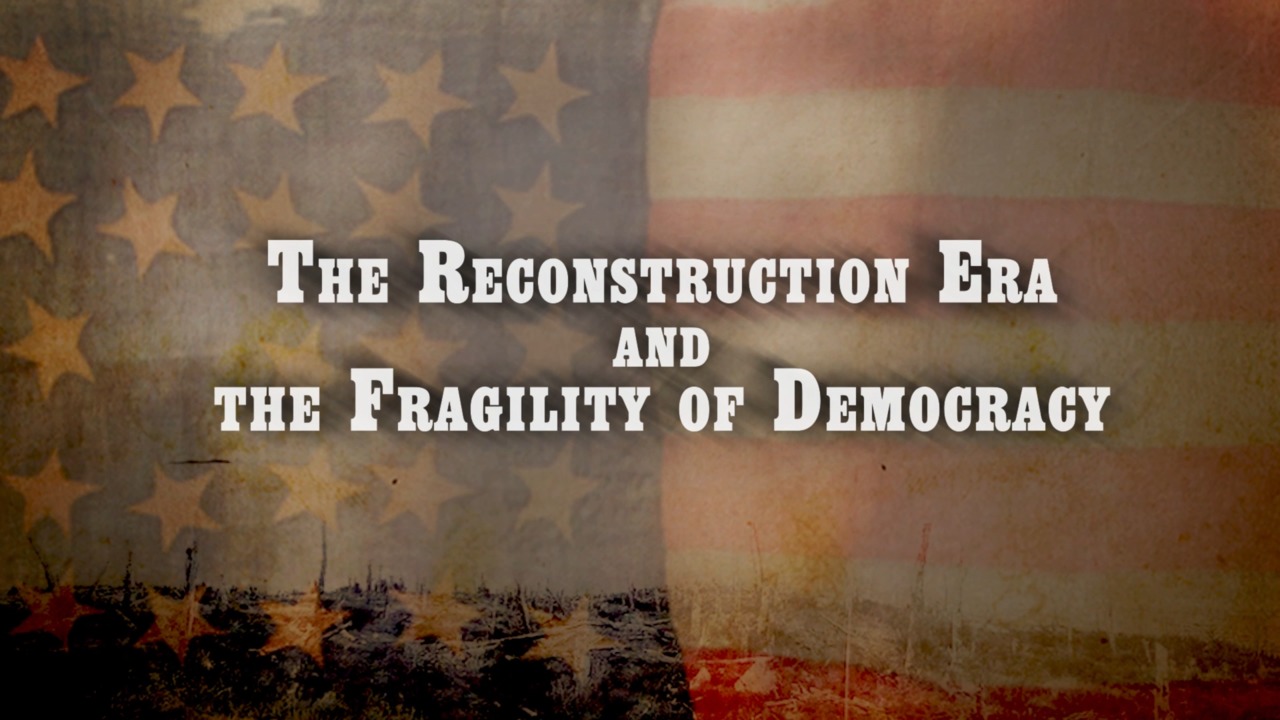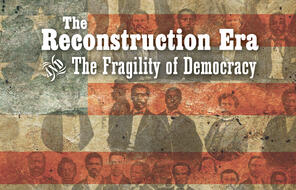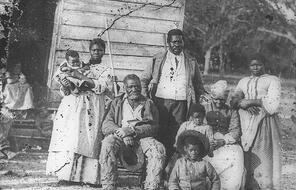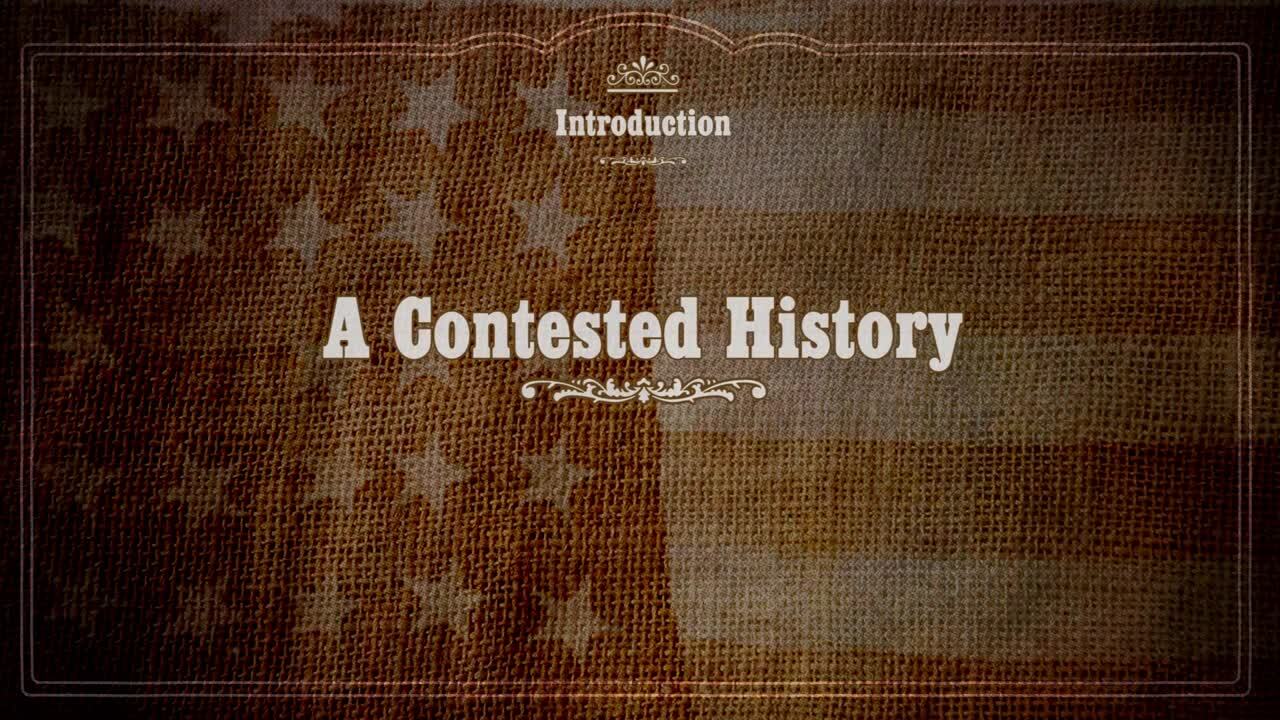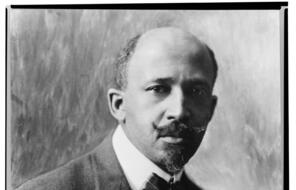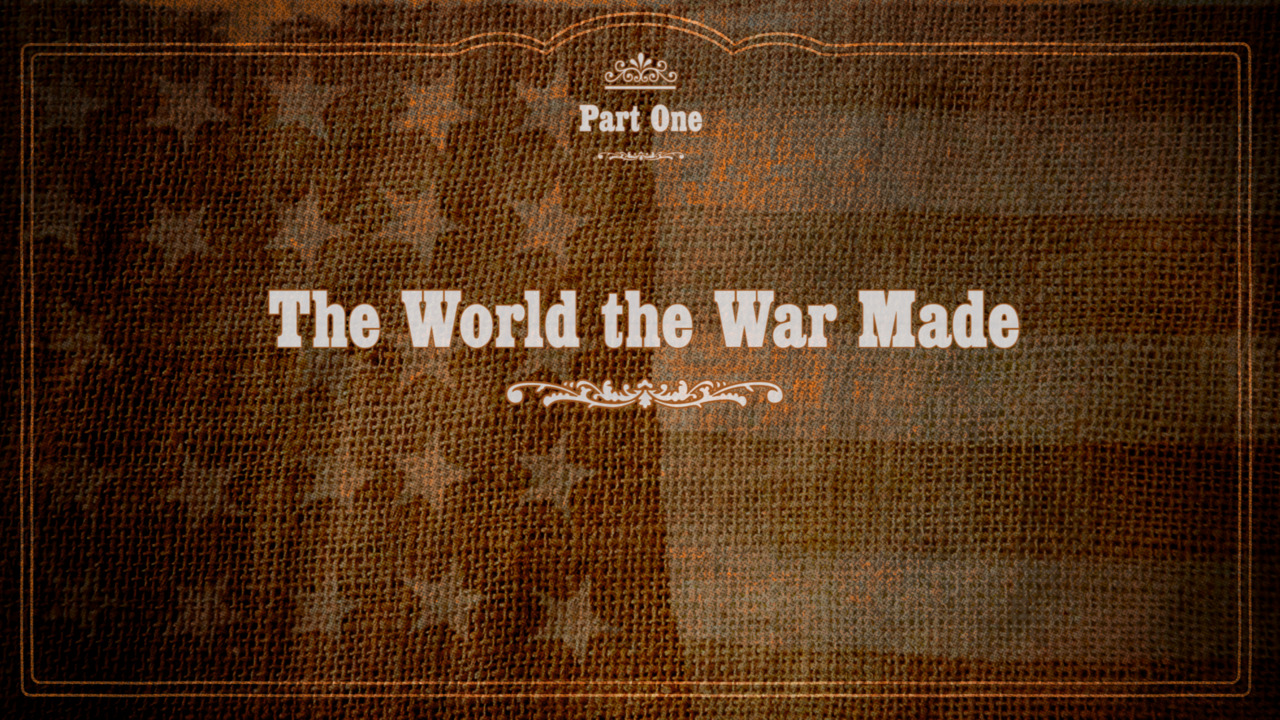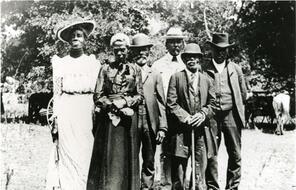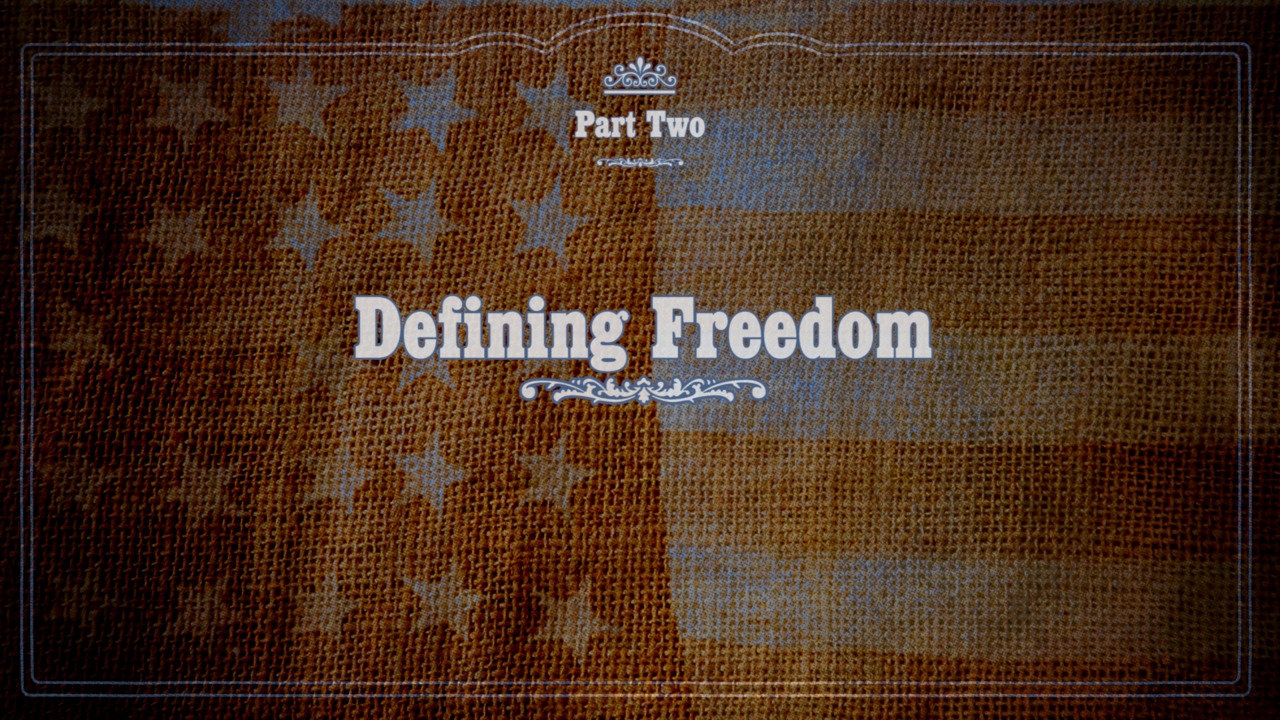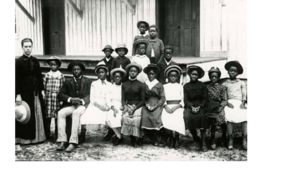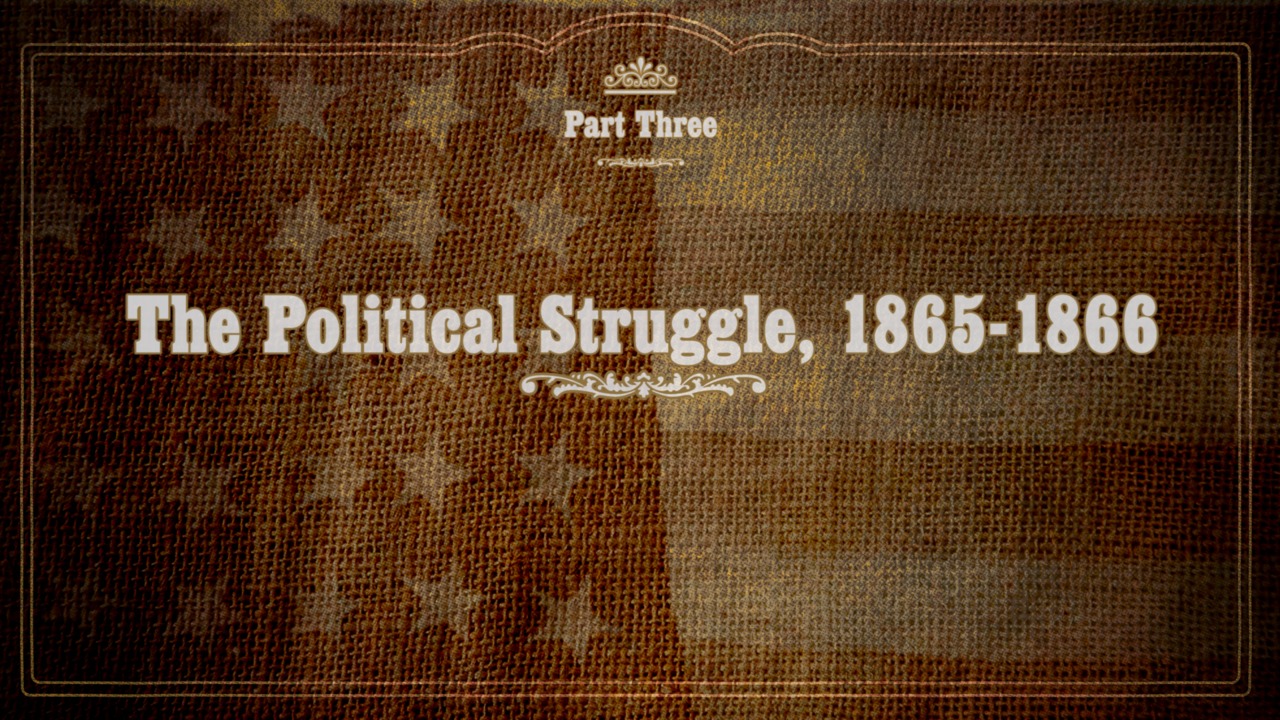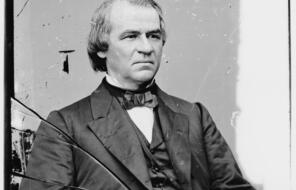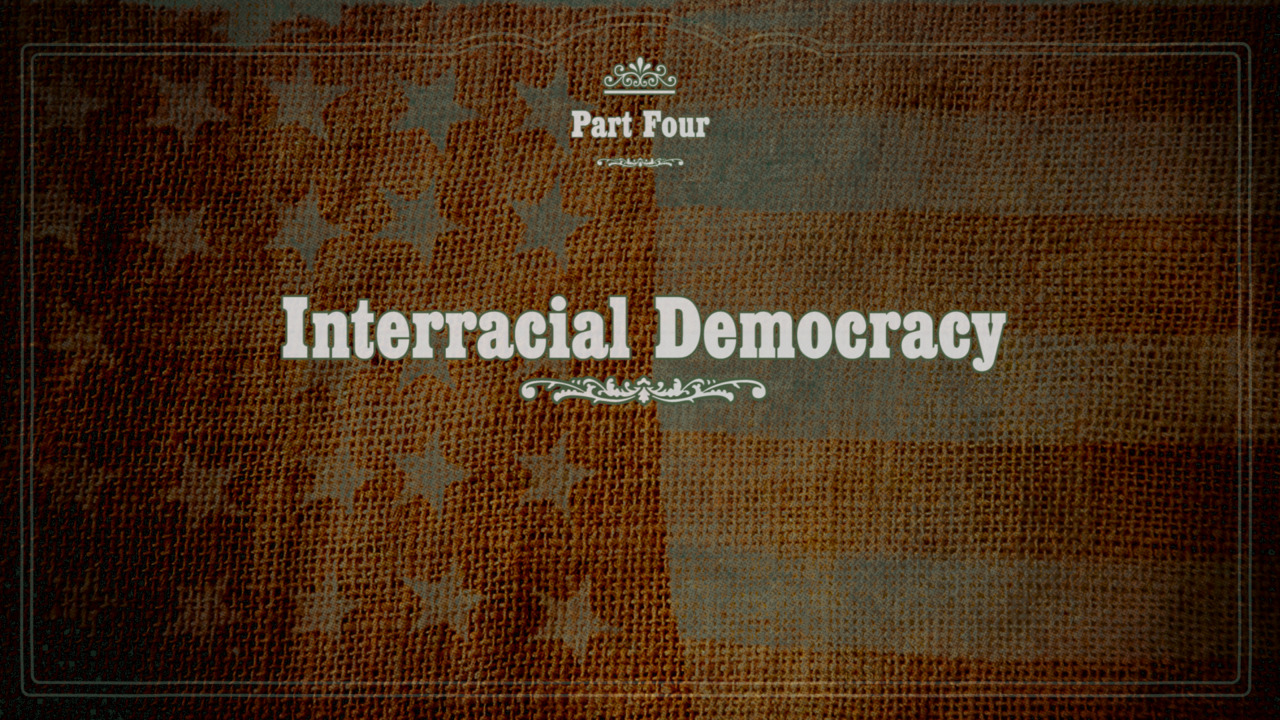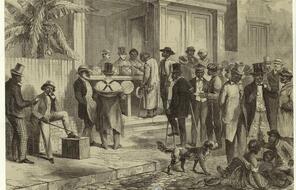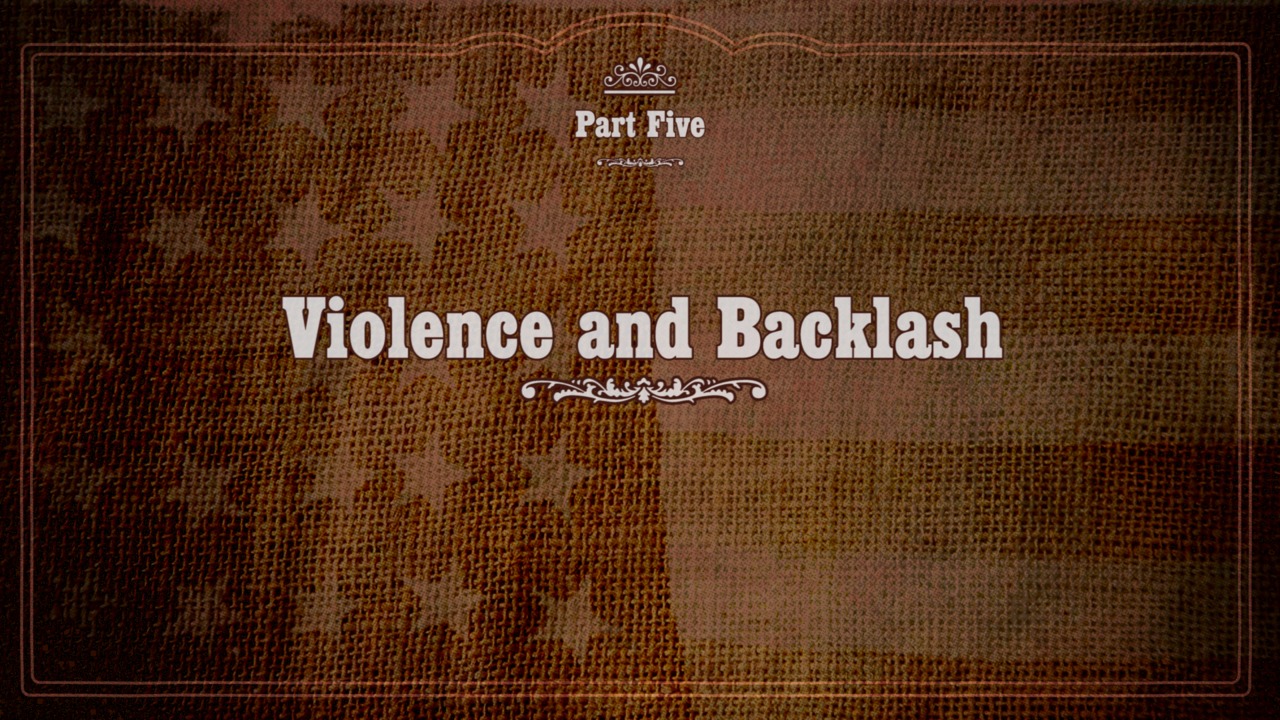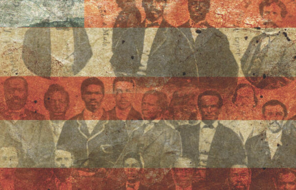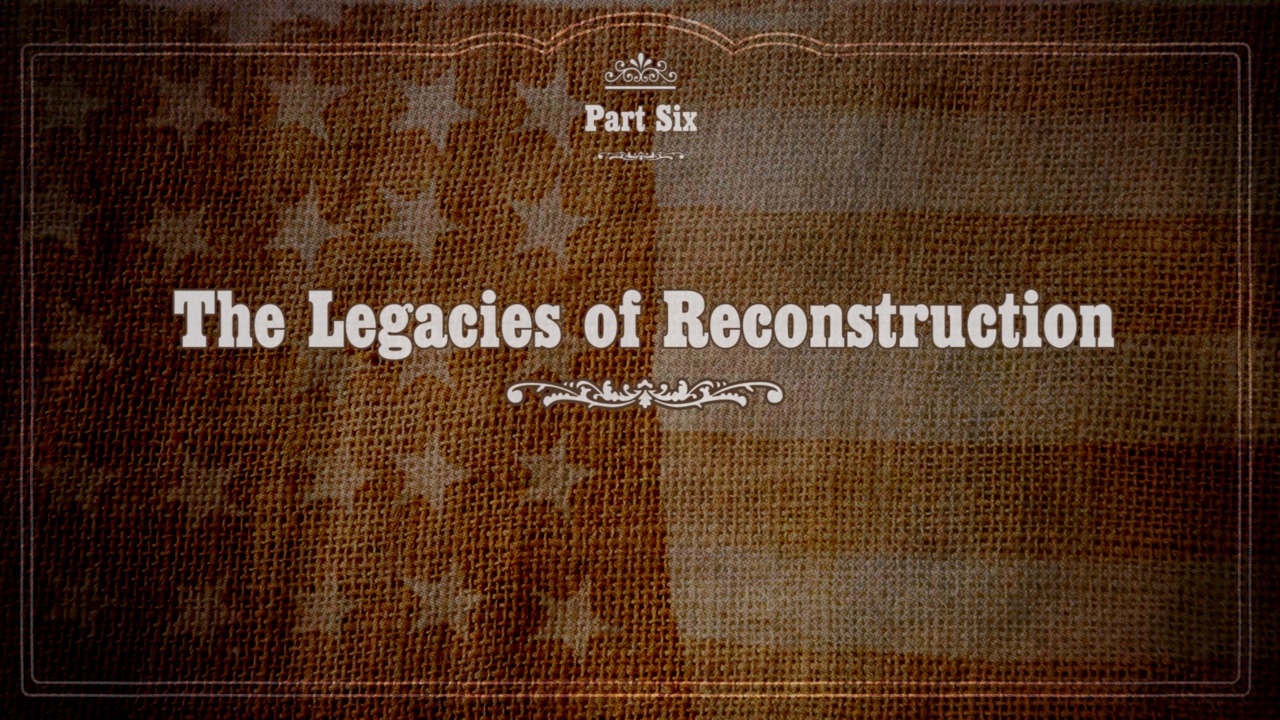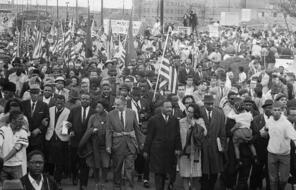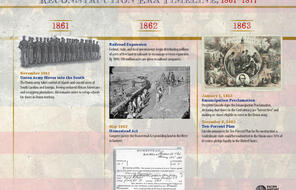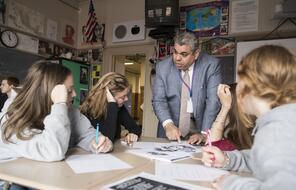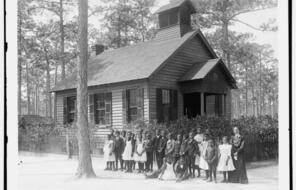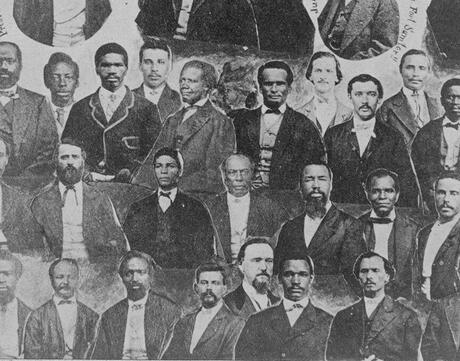
The Reconstruction Era and the Fragility of Democracy
At a Glance
Language
English — USSubject
- History
Grade
9–12- Democracy & Civic Engagement
- Human & Civil Rights
- Racism
Overview
About This Collection
During the Reconstruction Era, Americans were faced with the challenge of rebuilding a society divided by slavery and the political upheaval of the Civil War. Teaching this history is essential to helping students understand citizenship and democracy in the United States today.
The collection includes multiple entry-points for exploring the Reconstruction Era with your students, including a new 3-week unit, videos, and an array of primary sources available in both English and Spanish.
Inside This Collection
Materials and Downloads
Unlimited Access to Learning. More Added Every Month.
Facing History & Ourselves is designed for educators who want to help students explore identity, think critically, grow emotionally, act ethically, and participate in civic life. It’s hard work, so we’ve developed some go-to professional learning opportunities to help you along the way.
Exploring ELA Text Selection with Julia Torres
On-Demand

Working for Justice, Equity and Civic Agency in Our Schools: A Conversation with Clint Smith
On-Demand
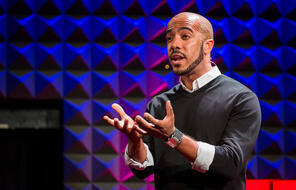
Centering Student Voices to Build Community and Agency
On-Demand


